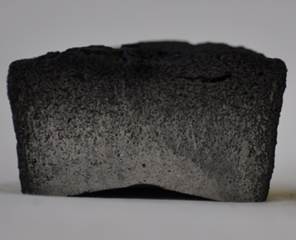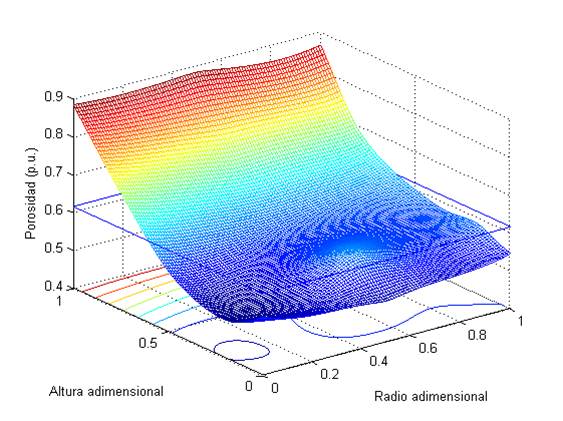Titanium for implants with longitudinal and radially-graded porosityIt is well known that commercially pure Ti and its alloy Ti6Al4V are those which display better in vivo behavior, among metallic biomaterials used for bone tissue implants. However, it presents three clear disadvantages: 1) stress shielding (promoted by the difference in stiffness between the implant and bone tissue 2) poor capacity for osteointegration, and 3) the necessity of the implementation of models and design criteria that are more reliable and conservative, based on damage prevention. The central objective is the design, fabrication, and characterization, with simple demonstrations on the laboratory scale, of commercially pure Ti with tunable porosity, capable of "replicating" the highly hierarchical structure of bone tissue, while guaranteeing mechanical equilibrium and biocompatibility of the future implant. |

|

|
Related Publications
- Chino, Y.; Dunand, D.C. "Directionally freeze-cast titanium foam with aligned, elongated pores", Acta Mater. 2008, 56 (1), 105-113.
- Li, J.C.; Dunand, D.C. "Mechanical properties of directionally freeze-cast titanium foams", Acta Mater. 2011, 59 (1), 146-158.
- Aurelia, I; Dunand, D.C. "Preparation and characterization of directionally freeze-cast copper foams", Metals 2012, 2, 265-273

